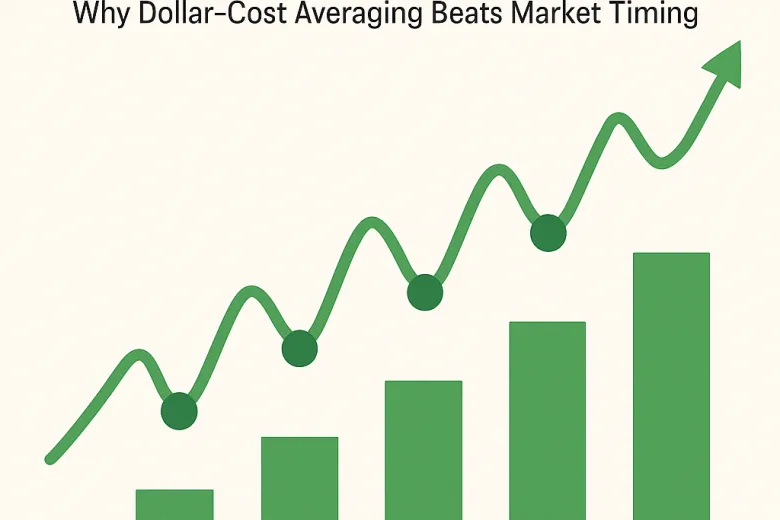When it comes to building long-term wealth, time is your most powerful ally. The sooner you start investing, the more opportunity your money has to grow through the magic of compound interest. Whether you’re just beginning your financial journey or catching up later in life, understanding how time affects investing …
Find Your Top Stock Market Investment Strategy
Investing in the Stock Market: Strategies That Stand the Test of Time Navigating the stock market can feel overwhelming, especially with the noise of daily headlines and market fluctuations. But successful investors don’t chase trends—they follow proven strategies with discipline. In this post, we’ll walk through several popular stock market …
Why US–China Trade Framework Disappoints Investors
On June 11, 2025, after negotiations in London following a Geneva truce, Presidents Trump and Xi announced a new “framework” aimed at de-escalating U.S.–China trade tensions. The key provisions: While U.S. officials call it “meat on the bones” of the Geneva accord, analysts caution it’s more a fragile truce than …
Always Be Buying: Why Dollar-Cost Averaging Beats Market Timing
Investing success isn’t about predicting the perfect moment — it’s about consistency. That’s the core idea behind Dollar-Cost Averaging (DCA), an investing strategy that quietly beats the flashy appeal of market timing. If you’re aiming to build wealth steadily — without the stress of calling tops and bottoms — DCA …
ETF vs Index Fund vs Mutual Fund: What’s the Difference and Which Should You Choose?
Investing can seem overwhelming, especially when you’re faced with a wide variety of financial instruments. Three of the most commonly discussed options are ETFs, index funds, and mutual funds. While they may seem similar at a glance, each has unique features that could impact your portfolio. In this article, we’ll …
Why Blocking Trump’s Tariffs Might Not Save Markets from Turmoil
The markets briefly exhaled when news broke that Donald Trump’s proposed 10% universal tariff might face legal challenges under current emergency powers law. But as any seasoned investor knows, markets don’t just price in outcomes—they price in uncertainty. Even if the courts do succeed in blocking or delaying a sweeping …
Your Next Steps: How to Start Investing
If you’ve already laid the groundwork for your financial future by learning the basics of saving, understanding passive vs. active investing, and getting familiar with ETFs, you’re ready for the exciting part: putting your money to work. This article walks you through how to start automating your investments into ETFs …
What is an ETF? A Beginner’s Guide to Exchange-Traded Funds
If you’re starting your investing journey, you’ve likely come across the term ETF. But what is an ETF, and why do so many investors—both beginners and professionals—favor them? In this guide, we’ll break down what an ETF is, how ETFs work, the different types of ETFs, and the pros and …
Active vs. Passive Investing: What is Right for You?
In our previous blog, we discussed how to set yourself up for success to start investing, follow the 75-15-10 rule. After you’ve reached your comfort-zone of 3 to 12 months of savings, the next question to ask is: how do you want to invest? A crucial decision at this juncture …
Why Saving Comes Before Investing: Mastering the 75/15/10 Rule
You can’t invest money you don’t have.
Before you buy your first stock or open a crypto wallet, the smartest first step toward building wealth is simple: start saving money.









